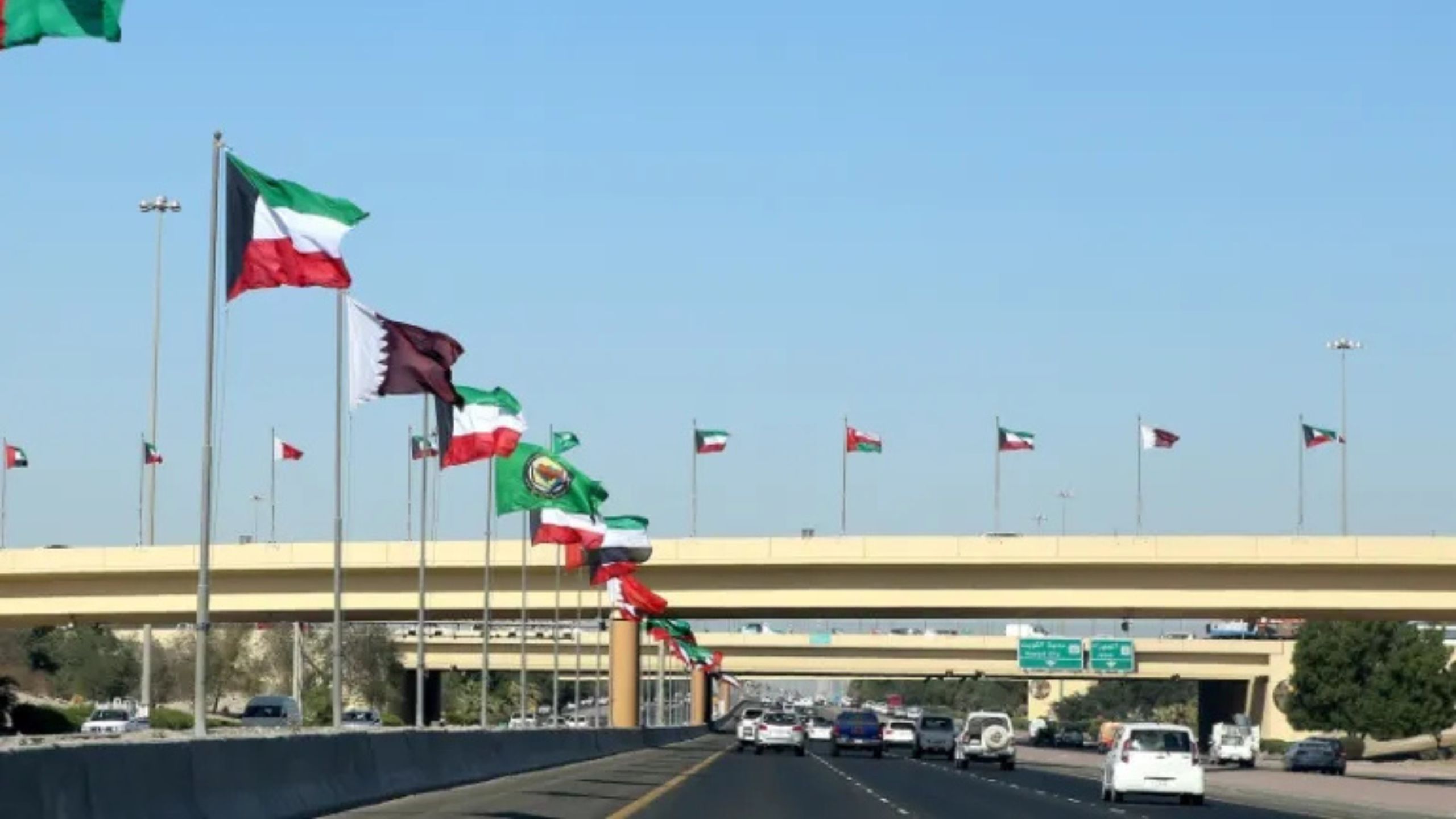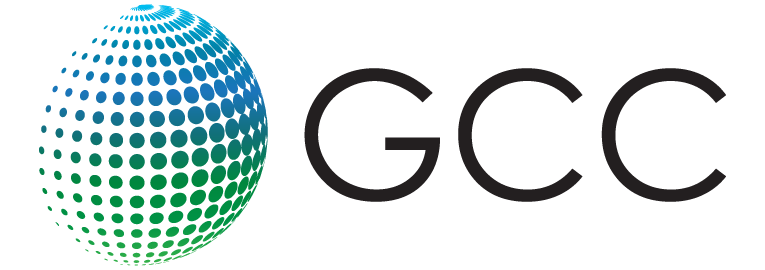
27 Oct Business Setup Trends in GCC 2025
The Gulf Cooperation Council (GCC) — comprising the United Arab Emirates, Saudi Arabia, Qatar, Kuwait, Bahrain, and Oman — continues to be one of the world’s most dynamic business regions. Over the past decade, these nations have made remarkable progress in diversifying their economies, improving ease of doing business, and opening up to global investors.
As we move into 2025, the GCC is undergoing a new wave of transformation driven by digital innovation, sustainability, and foreign investment reforms. For entrepreneurs and investors, the region presents a unique combination of stability, tax efficiency, and long-term growth opportunities.
In this article, GCC Solutions explores the major business setup trends shaping the GCC in 2025, what investors can expect, and where the next big opportunities lie.
1. Rise of 100% Foreign Ownership Across the GCC
One of the most impactful reforms across the region has been the liberalization of foreign ownership laws. The UAE, Saudi Arabia, and Qatar now allow 100% foreign ownership in most business sectors — a major departure from previous rules that required a local partner or sponsor.
This change has simplified company formation and encouraged global investors to establish regional headquarters without local shareholding restrictions. In 2025, more GCC countries are expected to expand this policy to attract high-value industries such as technology, manufacturing, and logistics.
For example:
- UAE allows 100% foreign ownership for most Mainland activities.
- Saudi Arabia (MISA) grants 100% foreign ownership for foreign LLCs and joint-stock companies.
- Qatar permits full ownership through the Qatar Financial Centre (QFC) and Qatar Free Zones Authority (QFZA).
The result? A surge in foreign investments and new company registrations across key sectors.
2. Digital-First Company Formation
Government agencies across the GCC are accelerating their digital transformation, enabling faster and paperless company registration processes.
In the UAE, platforms like the Bashr and Invest in Dubai portals now allow entrepreneurs to obtain trade licenses online within hours. Similarly, Saudi Arabia’s MISA e-services and Qatar’s Business Portal enable investors to apply for commercial registration, tax setup, and visas completely online.
This trend toward digitalization reduces bureaucracy, improves transparency, and shortens the time required to launch new businesses — a critical advantage for startups and international investors entering the GCC market.
3. Taxation Frameworks Becoming More Structured
While the GCC remains one of the world’s most tax-efficient regions, 2025 marks a shift toward structured corporate taxation aligned with global standards.
- The UAE introduced a 9% corporate tax in 2023, but Freezone entities that qualify for “Qualifying Income” continue to enjoy exemptions.
- Saudi Arabia maintains a 20% corporate tax on foreign companies and 15% VAT.
- Qatar imposes a 10% corporate tax and 5% customs duty on imports.
Despite these changes, the region continues to offer significant tax advantages, including zero personal income tax, no capital gains tax, and double taxation treaties with over 130 countries.
In 2025, businesses can expect greater clarity and predictability in tax policies, helping them plan long-term investments with confidence.
4. Growth of Freezones and Special Economic Clusters
Freezones remain a cornerstone of the GCC’s business ecosystem. From Dubai’s DMCC and IFZA to Saudi Arabia’s NEOM and King Abdullah Economic City, and Qatar’s Ras Bufontas Freezone, governments are expanding these zones to attract targeted industries such as:
- Artificial Intelligence (AI) and Technology
- Renewable Energy and Clean Manufacturing
- Advanced Logistics and Supply Chain
- FinTech and Digital Banking
- Creative Media and Gaming
These Freezones offer 100% foreign ownership, 0% corporate tax (subject to qualifying conditions), and full repatriation of profits — making them the most investor-friendly platforms in the region.
Expect to see new sector-specific Freezones in 2025 focusing on sustainability, green technology, and innovation ecosystems.
How GCC Solutions Can Help
As the GCC evolves, understanding local laws, tax systems, and regulatory changes is essential for success. GCC Solutions specializes in guiding investors through every stage of business setup — from market entry strategy and licensing to compliance and corporate structuring.
Our expertise spans the UAE, Saudi Arabia, Qatar, and Kuwait — offering clients a unified solution for multi-country business expansion. Whether you’re forming a new entity, relocating headquarters, or exploring Freezone advantages, GCC Solutions ensures a seamless and compliant setup across the Gulf.




Sorry, the comment form is closed at this time.